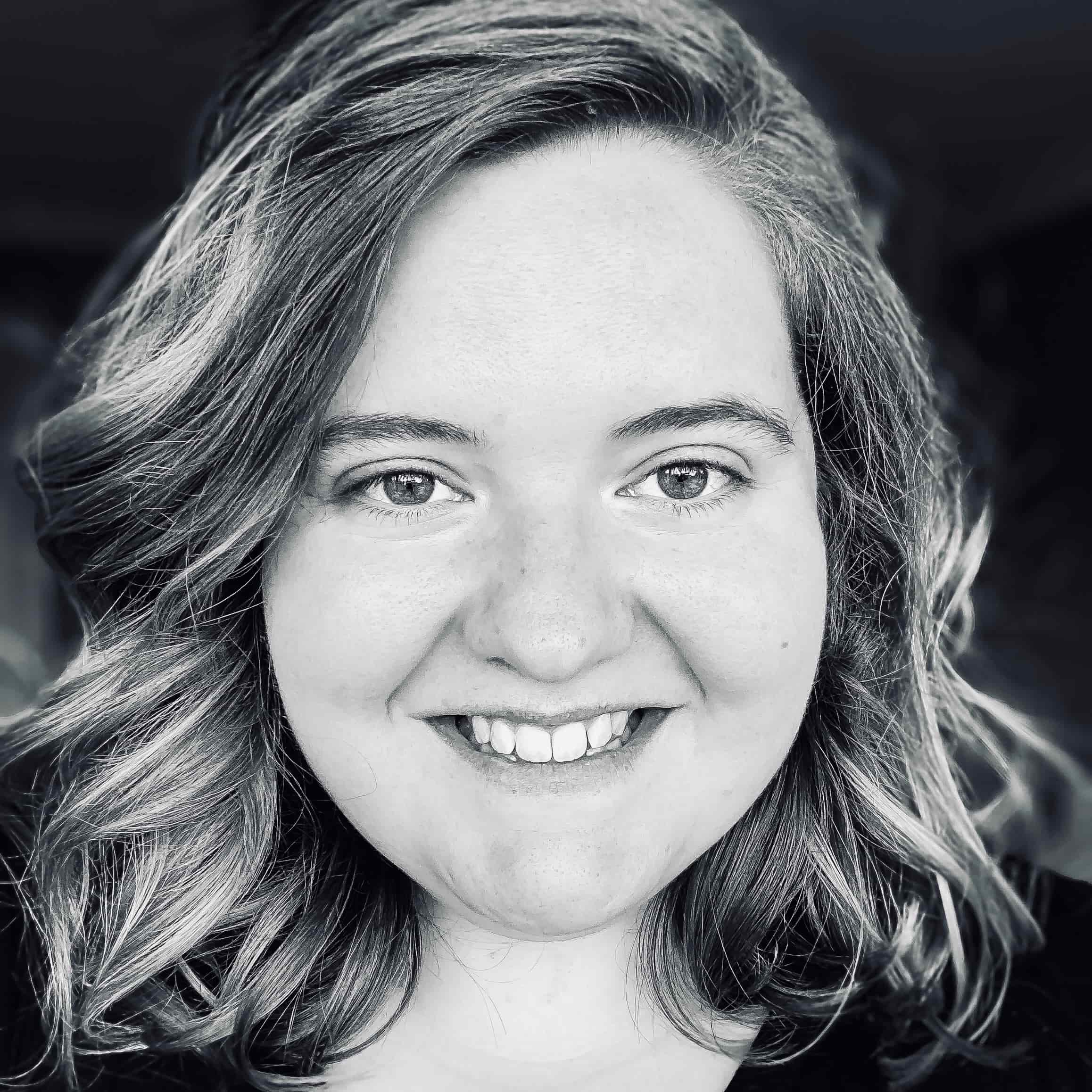Farwiza Farhan: Inspiring local communities toward conservation success
Farwiza Farhan is a rainforest conservationist, chairperson of Forest Nature & Environment Aceh (HAkA), and a NewNow leader. Virgin Unite first met Farwiza in 2017 when The NewNow was formed and was inspired by her commitment to restoring rainforests and protecting endangered species.
Recently, Farwiza was recognised in the TIME100 Next – a list that recognises 100 rising stars from across industries and around the world. The list features musicians, medical professionals, government officials, movement leaders, as well as high-profile whistle-blowers and top CEOs. It is curated by TIME’s journalists, and informed by their reporting.
We caught up with Farwiza to learn more about her work in Indonesia to protect and restore the rainforest…
Congratulations on the recognition in the Time100 Next list. How did you feel when you found out?
I was very appreciative that someone out there thought about our work, and our landscape (the Leuser ecosystem in Sumatra, Indonesia), and decided to nominate me first of all. But at the same time, it is less about me. It’s about anyone and everyone who has worked in this landscape and has supported our work. This is a collective achievement, more than just mine.
I just really want to thank everyone who has supported us and our work, and those who’ve helped bring us to this point. I see it as a partnership, what we are able to achieve is based on partnership with many stakeholders – Virgin Unite included.
I have been those others that were lifted by someone and continue to amplify the voice and the stories of those who may not necessarily have the opportunity to sit at the table
What have you learned from the TIME100 Next experience?
I started working in conservation quite young, I was only 23 years old. Looking back through all these layers and years of us working in this landscape, I continue to have imposter syndrome being in the room and receiving the same recognition as people who have done so much and have literally changed the world and the lives of so many people.
I often think of the saying, ‘We rise by lifting others.’ I have been those others that were lifted by someone and continue to amplify the voice and the stories of those who may not necessarily have the opportunity to sit at the table.
The region where I work is known for many things, but now it is known for the landscape, the conservation opportunity, the forest and also the role of women in protecting this forest. I wish to see a future where more of us could take ownership of this.
Why is it so important to you that local community takes ownership for conservation?
As I got into my role in conservation, I came to understand how closely connected, related and dependent we are on nature. Local communities are often being blamed for forest destruction, people say that they are illegally logging, or encroaching into the forest. But a lot of conservation initiatives have failed to look at the reason why they do that. There’s much larger injustice that happened in the landscape when your land and livelihood are taken away from you. People do what they need to survive, and sometimes that is borderline on legality.
In reality, it’s a much more complex entanglement. Local communities have their wisdoms and their stories. They have their knowledge. And a whole lot of this wisdom and these stories are not acknowledged in conservation policies. But these are the people who are at the frontline. They could be the protector and the guardian. So we don’t view local communities as the enemy, but they are our main partner.
Where have you seen success with this approach?
We have a group of women-led community rangers from the village that we work with. And that were recently awarded a Lotus Award for not just having women in the force protection but also for changing the social landscape in that area.
There’s an anecdote from that community that I love. Previously, during the village budget meetings, women would congregate at the back and prepare food and coffee for the men. But now, they are front and centre, they are arguing for their budgets. It shows that when women get involved in initiatives like this it has a lasting impact and spreads into other aspects of their lives. I find that particularly impressive.
Learn more about Farwiza’s work on the HAkA website.

